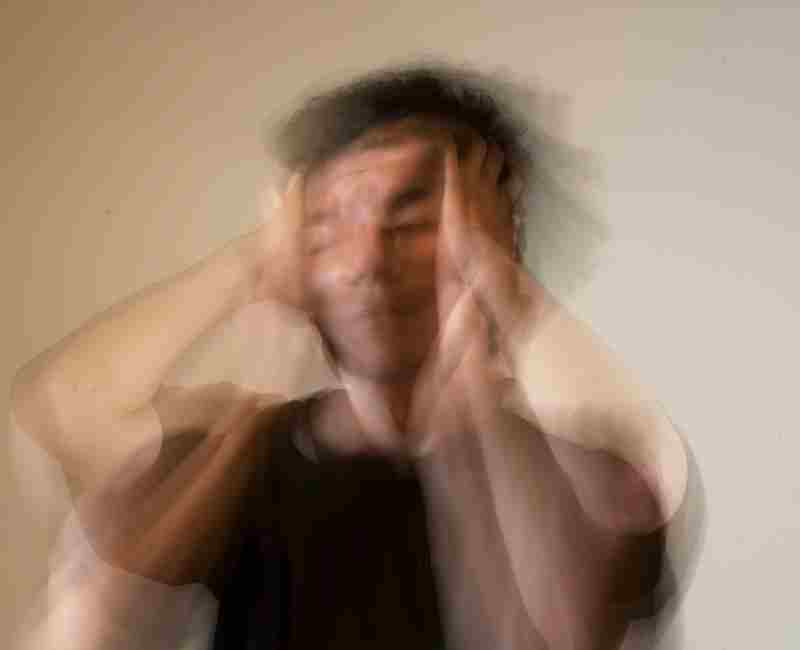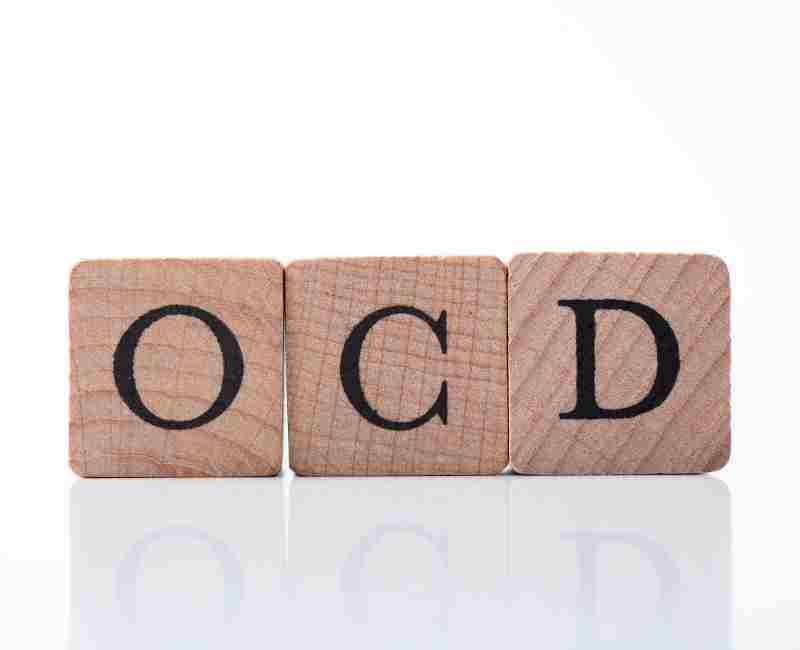Bubbly Personality: Meaning, Traits, Pros, and Cons
Bubbly personalities are more than just the life of the party; they are the architects of a vibrant atmosphere wherever they go. They possess a unique ability to turn ordinary moments into extraordinary experiences, leaving a lasting impact on the people they encounter. To truly understand the significance of a bubbly personality in social dynamics, we need to […]
Bubbly Personality: Meaning, Traits, Pros, and Cons Read More »










